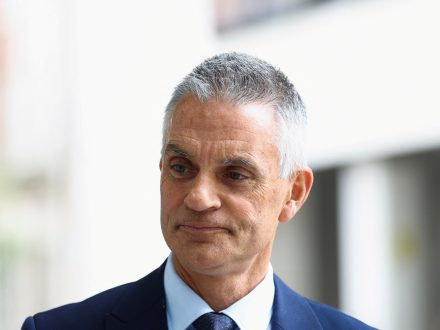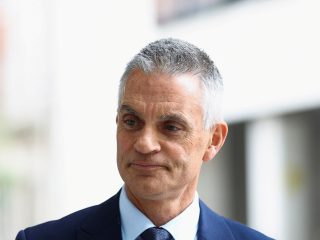On Tuesday, Iraqis across the country will vote to elect a new parliament. Analysts say turnout will signal whether citizens retain confidence in the political system’s ability to provide security and basic services after decades of instability.
Background
The 2003 US invasion that toppled Saddam Hussein ruptured Iraq’s social fabric and sparked armed resistance to the occupation. Sectarian fighting between Shia and Sunni militias followed from 2006 to 2008, and conflict between Iraqi forces and ISIL persisted from 2013 to 2017. Since the first post‑invasion elected government in 2005, many Iraqis have grown disillusioned with governments that have struggled to improve living standards and remain dominated by familiar, often militarised, political figures.
How it works
Voters will elect 329 members of parliament. At least 25 percent (83 seats) are reserved for women. Early voting for security personnel and around 26,000 displaced people took place before the main election day. Polls open at 07:00 local time (04:00 GMT) and close at 18:00 (15:00 GMT). Voting will take place across 18 of 19 provinces, with the newly created Halabja included with Sulaimaniya.
Who is running
A total of 7,744 candidates are contesting the elections, most affiliated with sectarian parties and blocs under the muhasasa (quota) system established after 2003 to distribute power among Iraq’s ethnic and religious communities. Under this informal arrangement, the speaker of parliament is expected to be a Sunni, the prime minister a Shia, and the president a Kurd.
Major players
– Shia: A major Shia bloc is led by former prime minister Nouri al‑Maliki. The current prime minister, Mohammed Shia al‑Sudani, leads a coalition seeking a second term but faces divisions within the Shia Coordination Framework (SCF), the principal Shia political grouping formed in 2021 that appointed al‑Sudani in 2022.
– Sunni: The main Sunni force is the Taqaddum (Progress) Party, led by parliamentary speaker Mohamed al‑Halbousi, with strong support in Sunni‑majority west and north regions.
– Kurdish: The Kurdistan Democratic Party (KDP) seeks a larger share of oil revenues for the semiautonomous region; the Patriotic Union of Kurdistan (PUK) competes for seats and influence while favouring closer ties with Baghdad.
Boycott
Powerful Shia cleric Moqtada al‑Sadr has urged his followers to boycott the vote, protesting the muhasasa system and calling for government formation by blocs that win majorities rather than through quota arrangements. Sadr commands significant support in central and southern Iraq; a boycott by his followers could undermine the next government’s legitimacy and its capacity to deliver services.
Turnout and participation
Registration totals about 21.4 million of roughly 32 million eligible voters, down from 24 million four years earlier. Observers expect turnout to be lower than in past elections and possibly below the record low of 41 percent seen in 2021. Low participation is widely attributed to youth disenchantment and perceptions that the muhasasa system enables corruption and entrenched interests.
What’s at stake
Al‑Sudani aims to retain the premiership, and his bloc may win the most seats, but internal Shia rivalries could prevent him securing the broader backing needed to remain in office. A central issue is the status of the Popular Mobilisation Forces (PMF/Hashd al‑Shaabi), a powerful quasi‑state paramilitary network that helped defeat ISIL in 2017 and has since embedded itself economically and politically. Al‑Sudani has pledged to integrate PMF units into state command structures, but many PMF factions have formed parties and could win significant parliamentary representation and influence.
Nouri al‑Maliki remains a prominent figure in the SCF and is reportedly seeking a third term as prime minister despite criticism that his previous administrations (2006–2014) deepened sectarian divisions that contributed to ISIL’s rise. The election’s outcome will shape Iraq’s political balance, the government’s ability to govern and deliver services, and the future role of armed groups and external influences in Iraqi affairs.


